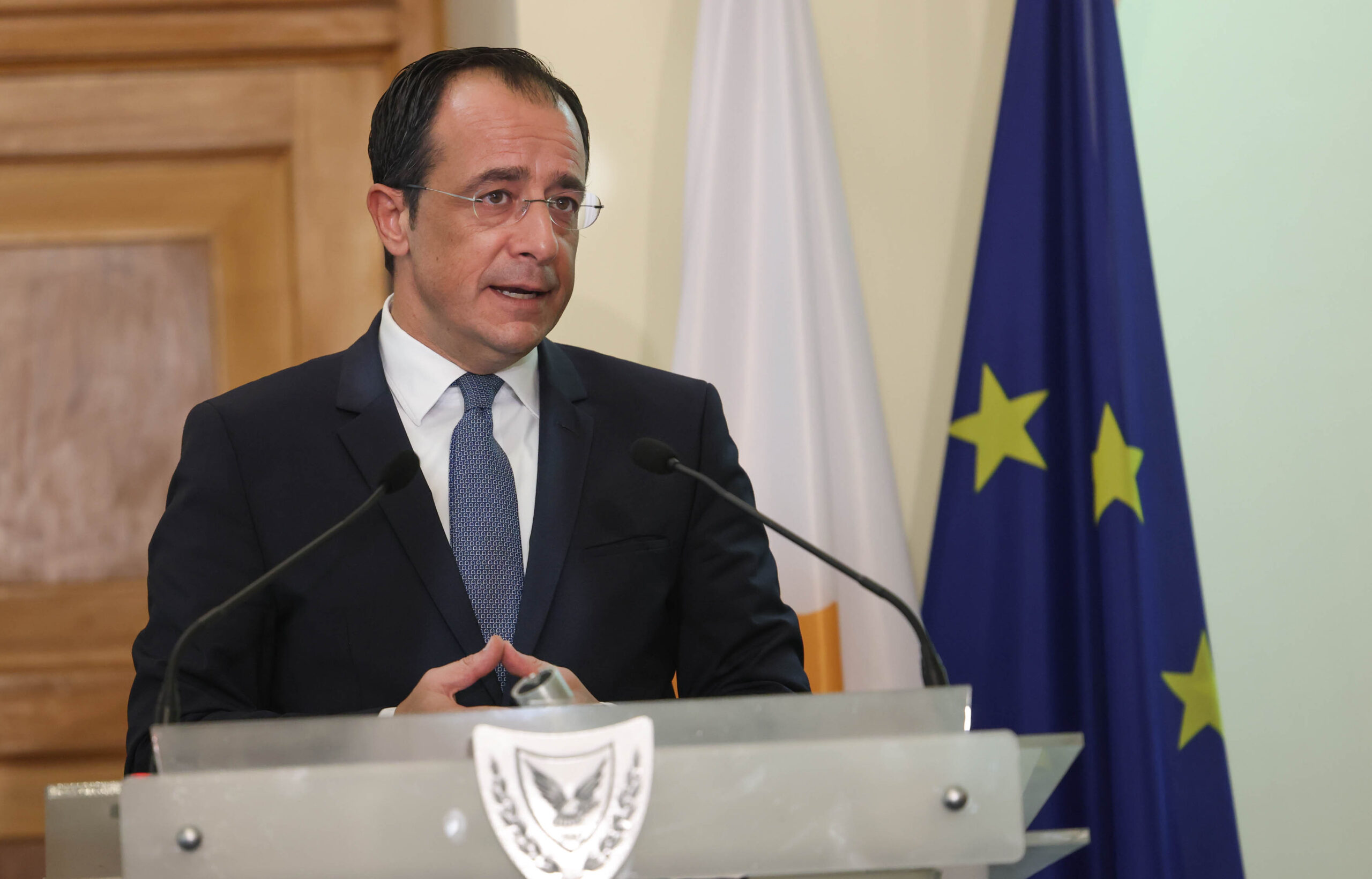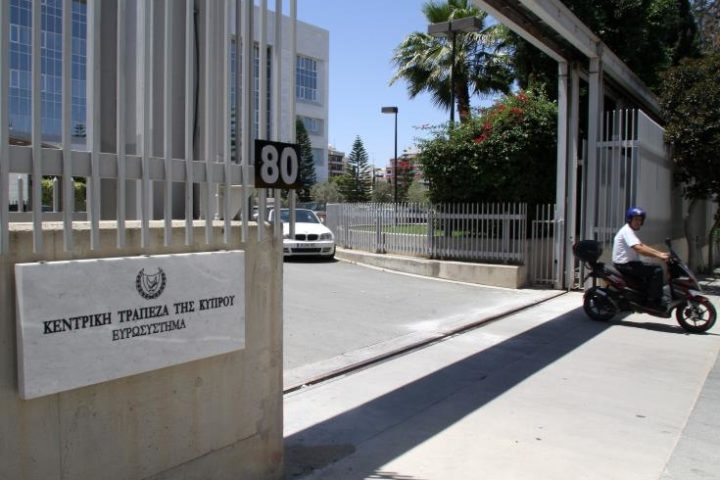President Nikos Christodoulides has urged banks to take concrete steps in absorbing some of the increased cost of borrowing from interest rate hikes burdening the economy and households.
During an interview with Phileleftheros daily on Sunday, the President called on the banks to do their bit to alleviate pressure on low-income households, warning the increased cost of borrowing could bring a new wave of Non-performing loans.
“I want to send a message to the banks.
“I said it before the election, and I repeat it today. Financial institutions need to make some decisions to help in this direction,” said Christodoulides.
The President pointed to Cypriot banks’ interest policies, noting the government considers interest rates to be an important factor in dealing more effectively with increased household costs.
“I am not one to approach banks as rivals.
“Our country needs a strong banking system to support economic growth.
“It is important, however, that banks make it easier for people in financial distress to meet their obligations,” said the President.
If banks do not take measures, argued the President, “we will be seeing an increase in non-performing loans.
“This could possibly increase foreclosures, with all the negative consequences this would entail for the economy.
“I expect the banks to respond, hoping to hear some announcements in the coming days”.
Christodoulides clarified that executive power cannot intervene; however, “We can make recommendations to the banks.”
Finance Minister Makis Keravnos has also called on banks to reduce borrowing rates.
Keravnos is expected to meet with the heads of banks this week while the government contemplates introducing a windfall gains tax on bank profits from heightened interest rates.
On July 27, the European Central Bank (ECB) raised the three key interest rates by 25 basis points.
This was the ninth time the ECB increased interest rates since July 27, 2022, to ensure that hiking inflation promptly returns to its 2% medium-term target.
The hike in lending rates has shocked households and businesses amid a fragile economic environment.
Political pressure to push up deposit rates comes as Cyprus banks paid the lowest return among EU member states.
The average deposit rate for households with a one-year term in January was 0.24%, in February 0.59%, in March 0.47%, in April 41%, in May 0.79% and in June 1.21%.
The deposit rate for businesses other than financial institutions, for one year, in January rose to 1.97%, in February to 2.29%, in March to 2.56%, in April to 2.79%, in May to 2.95% and in June to 3.16%.
For mortgages, the interest rate in January increased to 3.11%, in February to 3.42%, in March to 4.67%, in April to 4.45%, in May it decreased to 4.21% and in June to 4.19%.
The mortgage portfolio for houses up to €350,000 is worth close to €2 bln.
Since April, almost all domestic banks have announced various schemes to increase the deposit rate and retention of mortgages, mainly for consistent borrowers.
In June, the average EU interest rate on deposits with an agreed maturity of up to one year increased by 24 basis points to 2.73%, mainly driven by the interest rate effect.










